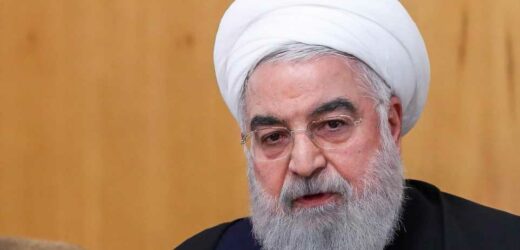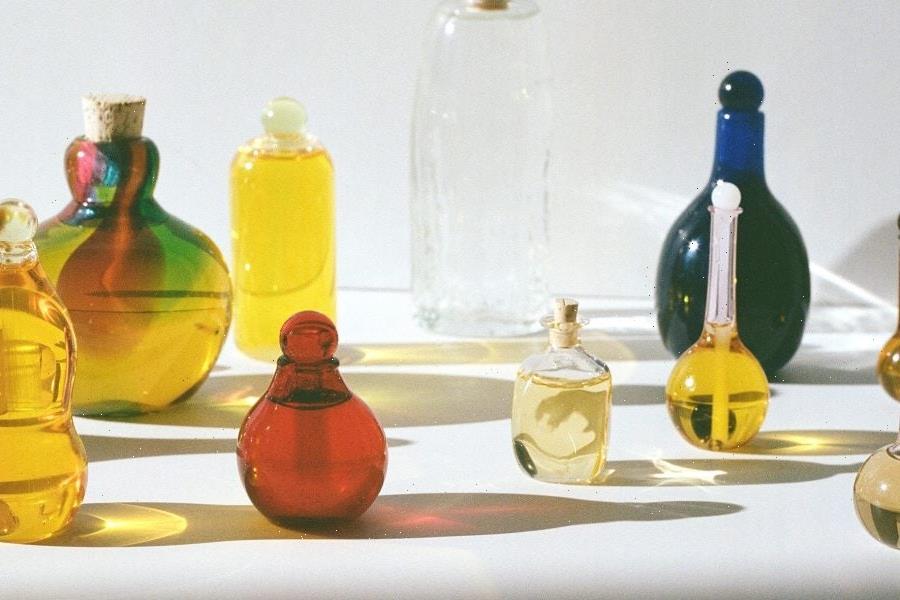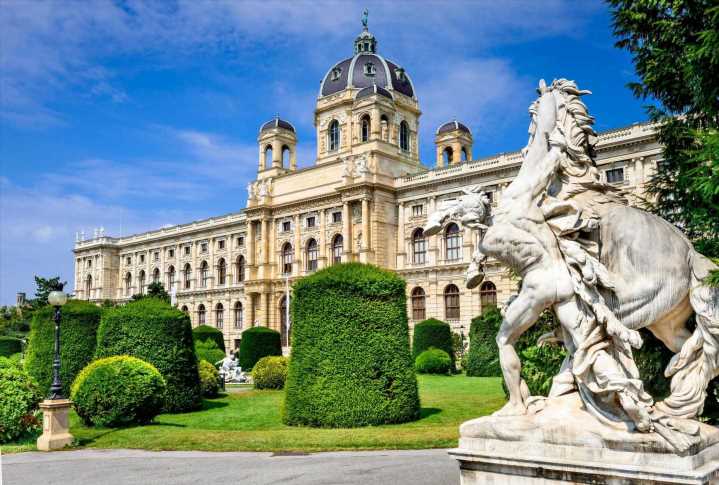IRAN’s president threatened Western troops today saying they are “not safe” in the Middle East.
Tensions have reached boiling point since the US killed top Iranian general Qasem Soleimani in a drone strike two weeks ago, with Tehran firing missiles back at American bases in Iraq.
Iran went on to shoot down a passenger plane just hours later killing all 176 on board, after mistaking it for a US missile.
And the country’s president today threatened not only US troops but European soldiers too.
Hassan Rouhani said: “The American forces are not safe in the region today, and the European Union forces may be in danger tomorrow.”
The chilling threat comes after Britain, France and Germany yesterday challenged his government for breaking the limits of the 2015 nuclear deal.
It is the first time Iran has issued a direct threat against Europeans amid tensions with the US, which pulled out of the nuclear deal in May 2018.
He accused EU countries of failing to fulfil their commitments under the agreement, and called for all parties to abide by its terms.
What is the Iran nuclear deal and what happens if it collapses?
The deal is an arrangement between the Islamic Republic and a group of world powers for Iran to abandon its nuclear programme.
Officially it is known as the The Joint Comprehensive Plan of Action(JCPOA).
It saw the Middle Eastern nation agree to reduce its stockpile of medium-enriched uranium by 98 per cent.
Enriched uranium is essential for developing nuclear weapons and power stations.
As part of the agreement Iran also agreed to only enrich their uranium up to 3.67 per cent over the next 15 years.
In addition they were barred from building any more heavy-water faculties – a type of nuclear reactor which uses heavy water (deuterium oxide) as a coolant to maintain temperatures in the reactor.
Also under the agreement the International Atomic Energy Agency was granted regular access to all Iranian nuclear facilities to ensure Iran maintains the deal.
The deal said that if Iran abides by it the nation would receive relief from the US, European Union, and the United Nations Security Council on all nuclear-related economic sanctions.
The agreement was reached on July 14 2015 and the world powers signed it in Vienna.
Iran, China, France, Russia, UK, USA, Germany and the EU all signed up to the deal.
If the deal collapses it initially probably means reimposing oil-related sanctions on Iran that were lifted under the terms of the agreement.
Donald Trump withdrew the US from the deal – signed by his predecessor Barack Obama – and reintroduced sanctions, saying a new one should be negotiated.
Iran has refused to return to the table while the sanctions remain in place.
Rouhani also used the televised address to call on Iran’s armed forces to apologise for shooting down the Ukrainian passenger jet last week.
He yesterday vowed to “punish” those responsible after several people were arrested over the disaster.
IRAN ADMITS 'LIES'
The tragedy sparked widespread outrage and large anti-government protests in Iran, which initially denied having anything to do with the crash for several days before finally confessing.
Several state TV hosts have quit in protest at the false reporting.
And the country’s top diplomat today acknowledged that Iranians were “lied to” for the first time.
Mohammad Javad Zarif said: “In the last few nights, we’ve had people in the streets of Tehran demonstrating against the fact that they were lied to for a couple of days.”
Most read in news
BRUTAL Exact date coldest night of winter will as temperatures plunge to bitter -4C
Moment dad is gunned down in street as little girls play in princess dresses
All the major changes to Covid restrictions from TODAY after Plan B axed
Boris & Carrie's six-week old baby daughter Romy 'hit quite badly' by Covid
He went on to praise Iran's military for being brave enough to claim responsibility.
But he said he and Rouhani only learned a missile had downed the flight two days later – raising new questions over how much power Iran's civilian government has in its theocracy.
Iran's paramilitary Revolutionary Guard, which shot down the aircraft, is answerable only to Supreme Leader Ayatollah Ali Khamenei.
Iran: Democracy or dictatorship?
Iran presents the face of a democracy, with a parliament and a president elected by the people.
But the real power in the country lies with the supreme leader – the Ayatollah – and his conservative cleric backers.
The presidential candidates in any election are vetted by a council of clerics chosen by the supreme leader and the judiciary, called the Guardian Council.
This council can also overrule laws made by the country’s parliament.
And it’s the supreme leader, not the president, who controls the armed forces and makes decisions on security, defence and major foreign policy issues.
Ayatollah Ali Khomeini has been the supreme leader since 1989.
Source: Read Full Article











